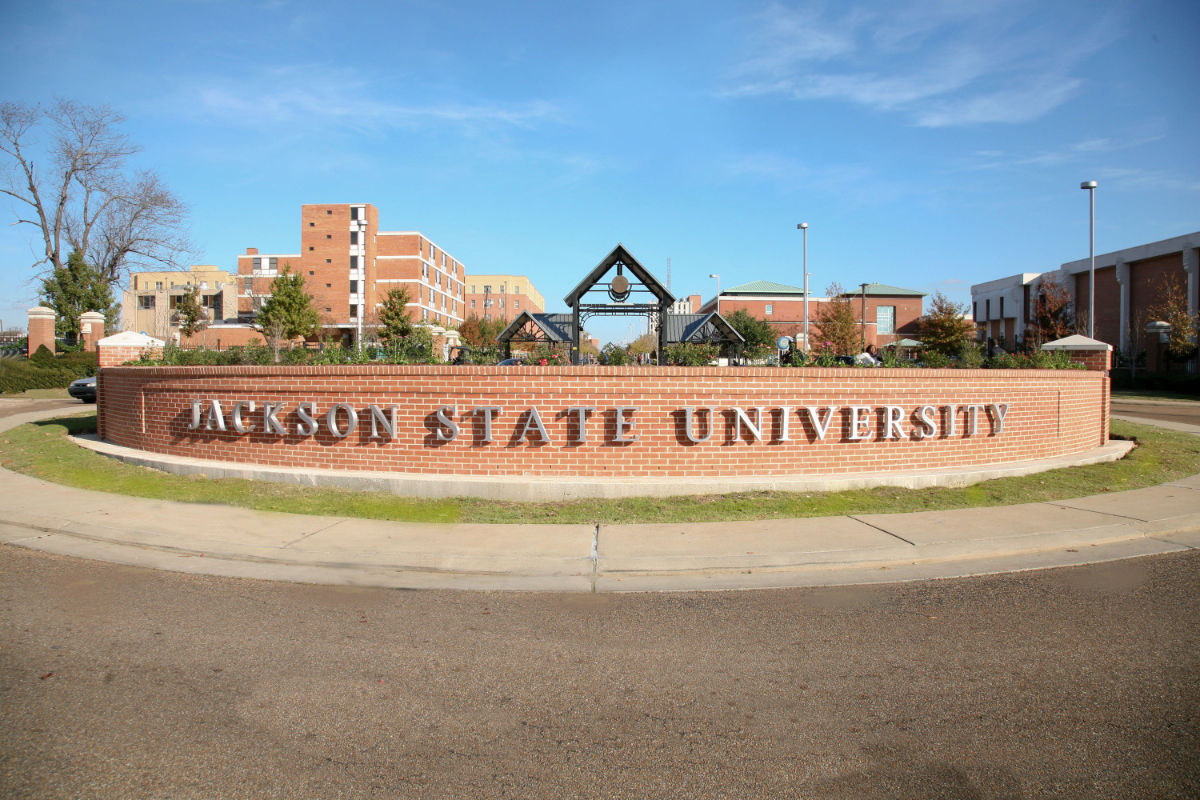“Have a vision. Be demanding.”—Colin Powell
We’ve been exploring a vision of Jackson, Miss., a vision of renaissance and revival. The city is in need of change, and that is an understatement. Jackson has been under attack and duress for decades. I first moved to Jackson as a high-school English teacher in 2015. The economic, systemic and structural woes that existed then persist now. Many of us, myself included, have since left Jackson in search of opportunity and reprieve.
The vision of Jackson that I’ve been describing only works if people like me, and others who love Jackson and who perhaps owe some of our success to the city, decide to reinvest. An investment, first of our presence, is needed to inject new life. A coalition of Black middle-class, individuals and families, must come to the city, and secondly, they must start their own schools. These actions would not only address Jackson’s declining population problem and economic woes, but would also provide a needed solution to educational disparities in the city.
Jackson is a city seemingly isolated from the state of Mississippi. Jackson is isolated in terms of power, it is the capital city of the state, but lacks support from the state government. Support must mean the kinds of support the city asks for, not the insidious attempts at state takeover masquerading as aid to infuse so-called “law and order.” If Jackson is going to thrive, it cannot rely on external government salvation. The former and present citizens of Jackson must become its saving grace.
The Power of Mississippi’s HBCUs
The third aspect of this plan to support the city is devoted to higher education. Historically Black colleges and universities have been pillars of the Black experience in communities since the 1800s. These institutions have provided both education access and equity to Black people who otherwise would not be able to experience higher education. HBCUs provide post-secondary education for about 10% of Black college students nationwide.
The Thurgood Marshall College Fund reports that HBCUs have graduated 40% of all Black engineers and Black U.S. Congress members, 50% of Black lawyers and about 80% of Black judges. HBCUs are an economic game changer for students. Only a few years after graduation, an HBCU grad earns roughly $10,000 more than people with only a high-school diploma. HBCU graduates, specifically those who come from economically disadvantaged backgrounds, have been shown to surpass the earning potential of their families.
HBCUs power the Black middle class. Jackson desperately needs to tap into this.
The 60 Minutes interview of Deion Sanders from September 2023 showed us what some people now believe to be a true narrative of the capital city. They wanted to paint a picture of poverty to contrast the abundance in Boulder Colorado, the home of Colorado University, and Coach Reed was right to call them out.
Now, we must call-in institutions that can help to write a new and more accurate narrative of Jackson. In Mississippi there are seven HBCUs: Jackson State University, Hinds Community College, Rust College, Mississippi Valley State University, Coahoma Community College, Alcorn State University and Tougaloo College. These institutions generate more than 7,000 jobs and $770 million in economic impact in the state of Mississippi. In order for Jackson to truly experience a lasting renaissance, it must tap into the power of Mississippi’s HBCUs.

Historically Black colleges and universities were created to provide postsecondary and graduate level opportunities to Black Americans. In a time where Black people were not allowed to attend white institutions, we needed spaces that would welcome us and cultivate our genius. Now, with anti-affirmative action rulings, and attacks on African American studies and critical-race theory, HBCUs are still needed as safe spaces for Black identity to flourish. Black people needed and still need centers of education that allow for the Black experience to be centered and not marginalized. It makes sense for HBCU students to be called on as part of the coalition of Black people needed to uplift Jackson.
The many educated Black professionals graduating from these seven schools represent the future and hope of Black people. However, that future and hope is usually spread throughout the United States, as students look for career opportunities after graduating. How amazing would it be if all, or even a substantial fraction, of those students took their skills and talents with them, to build lives in Jackson? This would further help in adding to Jackson’s declining population, and the children of those recent graduates would attend the Black operated charter schools soon to be created by the coalition.
States like Vermont, Maine and Ohio have found ways to entice new graduates to stay after graduation. States and cities have created programs that pay recent graduates, usually in the form of loan repayment, if they choose to stay in the state of their graduation for a certain number of years. For example Hamiliton, Ohio, has offered as much as $15,000 in loan repayment if graduates choose to relocate to the city.
Recent Mississippi HBCU graduates should receive up to $20,000 in loan repayment ($5,000 a year up to four years), for staying or relocating to Jackson. This incentive could drive a population increase, stem population decline, as well as inject professional skilled talent into the city of Jackson for years to come. With relocation, school creation and HBCU graduate support we can envision and actualize a Jackson Renaissance. We can recreate the city into a shining legacy of Black determination and resilience. What Audre Lorde said is true: “The necessary ingredient needed to make the past work for the future is our energy in the present, metabolizing one into the other.”
A resurgent Jackson is possible. A city built by and for the uplifting and development of its Black citizens, which make up more than 80% of the population, is possible. What has been true, for the duration of time that Black people have been on this continent, is that we have proven to be overcomers. If the city is made up of such people, and it is, then there is more than a chance for Jackson to win. That victory starts with a belief in ourselves and an investment in the possibilities the city still holds.
This MFP Voices essay does not necessarily represent the views of the Mississippi Free Press, its staff or board members. To submit an opinion for the MFP Voices section, send up to 1,200 words and sources fact-checking the included information to azia@mississippifreepress.org. We welcome a wide variety of viewpoints.
This is Part 3 in Sean Brown’s “From School Closures To Renaissance” column series on Jackson Public School closures and his opinions on potential solutions. Read Part 1 here and Part 2 here.






